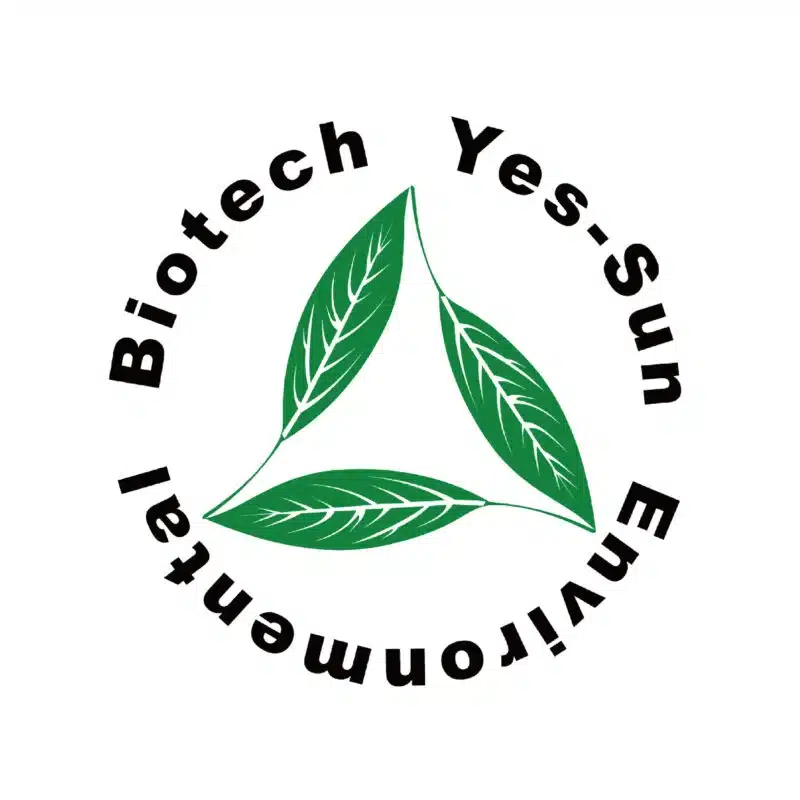With the increasing global population and rapid urbanization, waste management has become a pressing issue. Composting is a traditional and effective method of waste management, but it requires a significant amount of time and resources to implement. However, with the development of composting-free technology, it is now possible to manage waste effectively without the need for traditional composting methods. This article will explore the benefits and challenges of composting-free technology and its potential to revolutionize waste management.
Introduction
Waste management is a critical issue that affects our environment and health. Traditional composting methods are effective in reducing waste, but they require a significant amount of time, resources, and space. Composting-free technology is an innovative solution that can effectively manage waste without the need for traditional composting methods. This technology uses various processes, such as anaerobic digestion, pyrolysis, and gasification, to convert waste into usable products. This article will explore the various benefits and challenges of composting-free technology and its potential to revolutionize waste management.
What is Composting-Free Technology?
Composting-free technology is an eco-friendly solution that uses various processes to convert waste into usable products. This technology eliminates the need for traditional composting methods, such as turning, mixing, and aeration. The main processes used in composting-free technology are anaerobic digestion, pyrolysis, and gasification. These processes use heat, pressure, and other conditions to break down waste into usable products, such as biogas, fertilizer, and biofuels.
Benefits of Composting-Free Technology
Composting-free technology offers several benefits compared to traditional composting methods. Firstly, it requires less space and resources, making it ideal for urban areas where space is limited. Secondly, it can convert a wider range of waste types, including food waste, plastics, and industrial waste. Thirdly, composting-free technology produces usable products, such as biogas, which can be used to generate electricity, heat, and fuel. Finally, composting-free technology can reduce greenhouse gas emissions by capturing methane, a potent greenhouse gas, during the waste conversion process.
Challenges of Composting-Free Technology
While composting-free technology offers several benefits, it also faces several challenges. Firstly, the initial cost of setting up composting-free technology can be high, requiring significant investment in infrastructure and technology. Secondly, composting-free technology requires a consistent and reliable supply of waste to operate effectively. Thirdly, the waste conversion process can generate harmful emissions, such as dioxins and furans, which can harm human health and the environment if not properly managed. Finally, composting-free technology requires specialized knowledge and expertise to operate and maintain effectively.
Applications of Composting-Free Technology
Composting-free technology has several applications in waste management. One of the most significant applications is in the management of organic waste, such as food waste and yard waste. Composting-free technology can convert organic waste into biogas, fertilizer, and other usable products. This technology is also useful in the management of non-organic waste, such as plastics and industrial waste. Composting-free technology can convert non-organic waste into biofuels, which can be used to replace fossil fuels.
The Future of Composting-Free Technology
Composting-free technology has the potential to revolutionize waste management by providing an eco-friendly solution that is efficient, effective, and scalable. As technology advances, composting-free technology will become more affordable, accessible, and user-friendly. This technology has the potential to reduce waste, conserve resources, and mitigate the harmful effects of climate change. With the proper investment, education, and infrastructure, composting-free technology can become a standard solution for waste management



 中文 (台灣)
中文 (台灣) Bahasa Indonesia
Bahasa Indonesia Tiếng Việt
Tiếng Việt Bahasa Melayu
Bahasa Melayu Français
Français Español
Español Português
Português